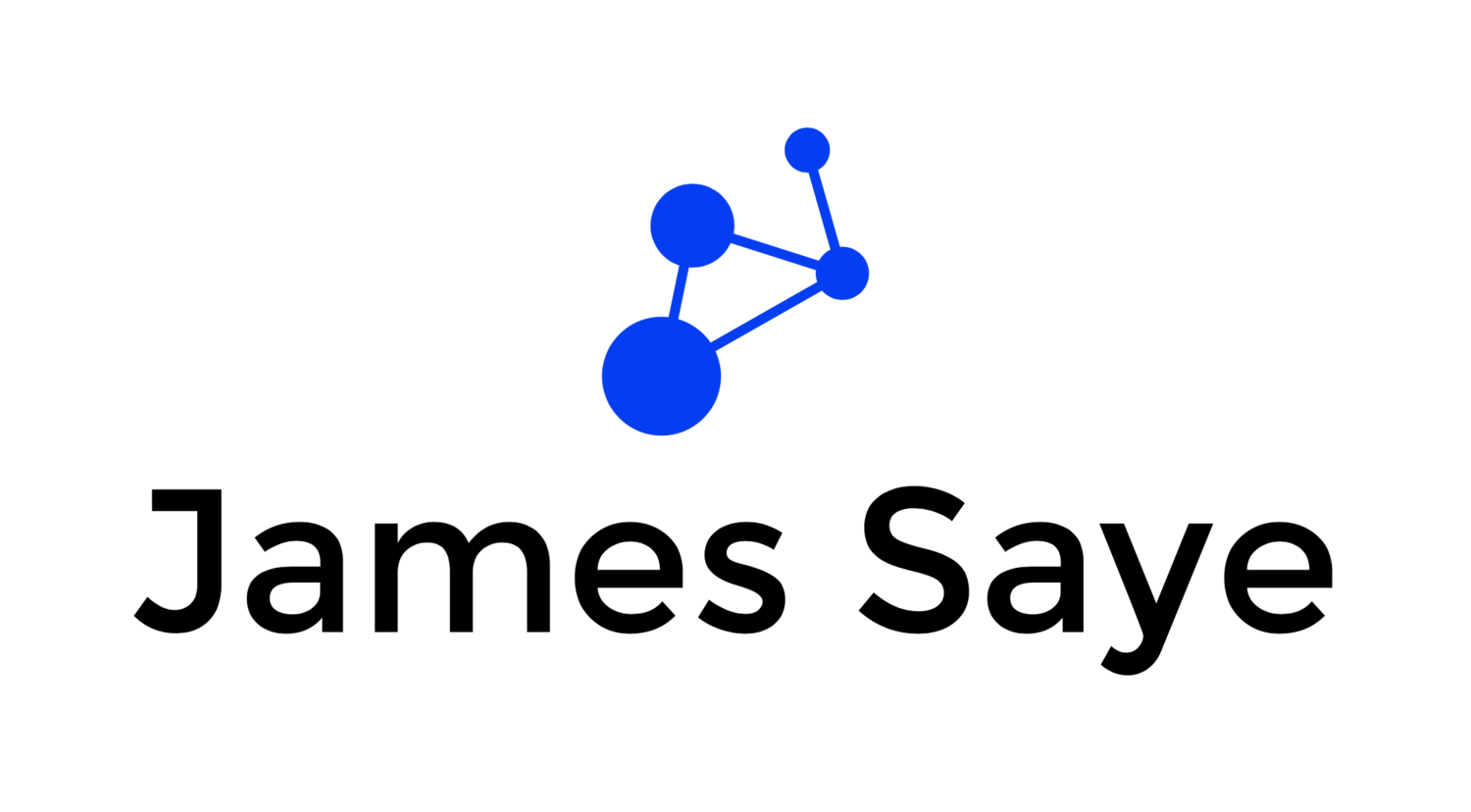It's been a great 2015 for technology as it spread in to every part of our lives. Here's what to look out for in 2016:
1) Virtual Reality
2015 has been an interesting year for Virtual Reality as developers have been getting their hands on hardware and have had time to develop and understand what does and does not work for consumers of VR.
2016 will see a major milestone for VR and that is the release of the consumer version of the Oculus Rift. Coming in early 2016 the Rift will require a fairly high end desktop PC which will be a majorly limiting factor in its success but nevertheless it's an important first step for taking VR to the consumer. In addition to Oculus releases the Playstation VR, codenamed Project Morpheus, will be released in the first half of 2016 with a potentially huge reach.
It's been getting a lot easier for creators too to create content for VR. Facebook have introduced support for 360 degree videos which has been snapped up and tried by big organisations such as the BBC, and after GoPro's acquisition of Kolor earlier in 2015 you can bet that 2016 will see more and more VR content being created in 2016. As this Grandma shows VR content is just awesome.
In addition to VR there's also it's cousin, AR - Augmented Reality. With Microsoft Hololens expected to be released early 2016 and rumours swirling of Google Glass making a comeback it's likely that this will all help make 2016 a great year for Virtual and Augmented Reality.
A question remains though and that is will the smartphone, via something like Google Cardboard, rule VR or will dedicated hardware rule?
2) Personal Fitness & Health Tracking
Over the last couple of years, and particularly in 2015, fitness tracking has really developed. It's been led by new and young companies such as Fitbit and Withings. As a slight aside, Fitbit looks like it had a bumper Christmas with it's apps trending on the App and Play Stores and it's shares jumping on opening on Monday. With a huge range of smartwatches now available with fitness tracking as a major feature and lots more coming for both Android and Apple fans (Apple Watch 2 for example) I think 2016 promises to be a bumper year for fitness and health tracking.
As technology around the IoT (Internet of Things) develops we're going to see more and more devices connected and constantly monitoring us and our environment - from alarm clocks to smart scales and more.
An outstanding question though is how will people use the data they get from these devices? Apple's health kit has gone some way to helping people understand all of their data from a huge range of devices and measurables but it still requires some analysis by the user to get actionable evidence out. Given that the vast majority of these devices are not and will not be certified medical devices due to the huge barriers another question is how will healthcare professionals use the data, if at all?
3) Electric Vehicles
Helped along slightly by the VW scandal and government incentives electric car sales have been on the up year after year. Tesla has shown that good electric cars are possible and they can replace your Diesel or Petrol motor. The new car line-up for 2016 is looking good and with the huge number of new and exciting full electric and hybrid cars being released it starts to look extremely impressive.
The Tesla Model X will start shipping in big numbers throughout 2016 and the Tesla Model 3 - a supposedly affordably full electric BMW 3 Series competitor will be announced later in the year.
Tesla is set to get some big competition though as the very mysterious new company, Faraday Future, is set to announce full details of their autonomous electric car at CES in January. Faraday Future is just a couple of years old and has been very secretive about what its doing. Despite this they've attracted top management and engineers from Tesla, BMWi and a whole host of other manufacturers. They've also got massive investment and are opening a $1 Billion facility in Nevada, USA very soon. Not only are they developing autonomous electric cars but also working on innovative business models likely to be similar to the smartphone model where revenue continues after the hardware has been purchased/leased.
While there'll be lots of full electric cars announced in 2016 many won't reach the road until 2017 or later. However, a stepping stone to this has been gaining huge traction over the last year and that is plug-in hybrid vehicles (PHEVs). Mitsubishi have had huge success with the Outlander PHEV, in fact, they've been unable to meet demand and the buyers have found their vehicles have had almost zero depreciation due to demand. For 2016 though there's a huge list of new PHEVs coming on to the market, actually, almost every new car will have a hybrid option. Here's a few to look out for:
- BMW 5 Series
- Land Rover Discovery 5
- Porsche Panamera
- Peugeot 308 R
- Volvo S90
- Honda NSX
- Mercedes E-Class
- VW Tiguan
What additional technology trends will you be watching through 2016?
-End-



